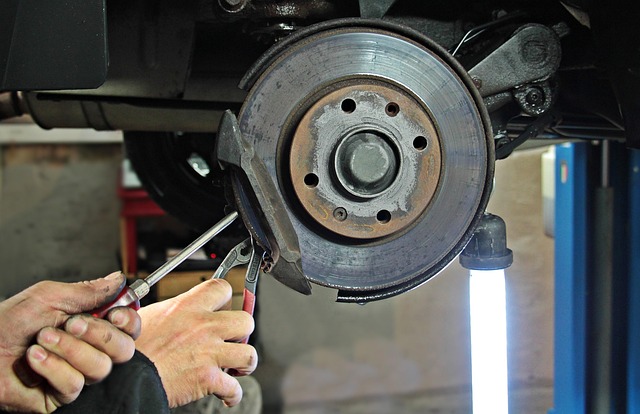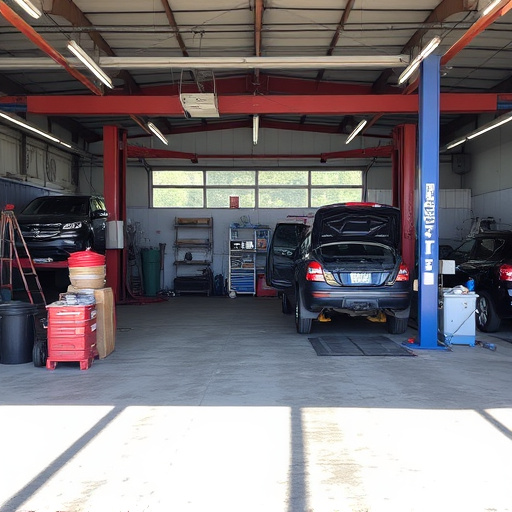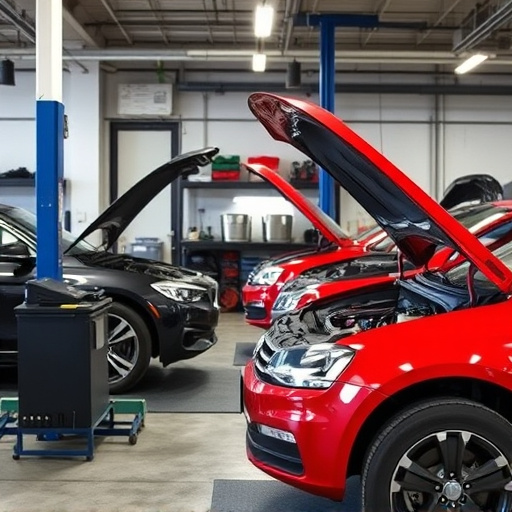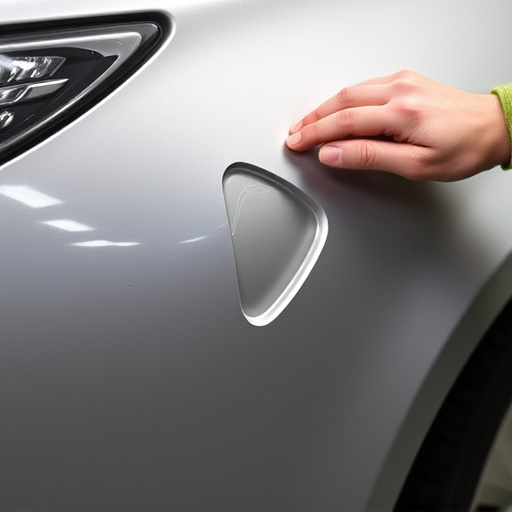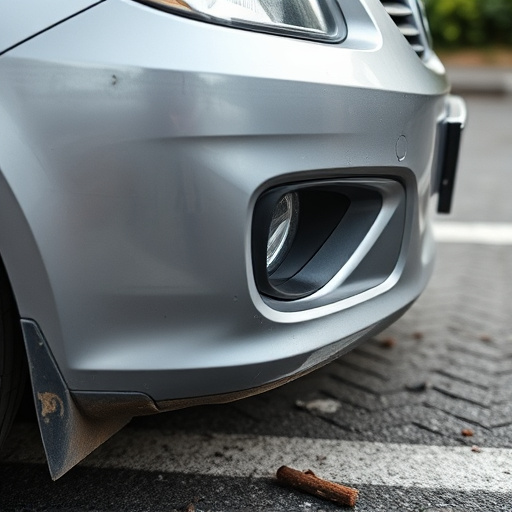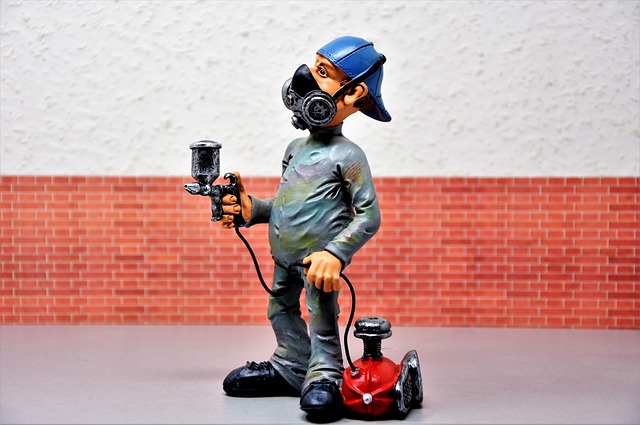Carpet replacement collision poses ethical challenges in auto body repair, as hasty replacements mask structural issues, endanger safety, and devalue vehicles. Ethical practices prioritize repairing damaged carpets over immediate replacements, reducing waste, lowering environmental impact, extending lifespans, and promoting a circular economy. Transparent communication of costs, timelines, and repair extents by repair shops builds consumer trust while using eco-friendly materials aligns with green auto body work demands. These strategies ensure an ethical, responsible, and sustainable approach to carpet replacement collision services that benefit both consumers and the planet.
Carpet replacement collision—the practice of disposing of old carpets by simply replacing them with new ones—presents a significant challenge to sustainable flooring. This pervasive issue highlights the need for ethical repair practices in the carpet industry. Understanding this problem and its environmental impact is crucial. This article explores how adopting ethical repair methods can reduce waste, promote sustainability, and foster a more responsible approach to carpet replacement collision, offering practical strategies for implementation.
- Understanding Carpet Replacement Collision: The Problem and Its Impact
- The Role of Ethical Repair Practices in Sustainable Carpets
- Strategies for Implementing Carpet Replacement Collision Solutions Ethically
Understanding Carpet Replacement Collision: The Problem and Its Impact

Carpet replacement collision refers to the issue arising when a car collision causes significant damage to a vehicle’s interior, particularly its carpeting. This problem is becoming increasingly recognized as an ethical concern within the auto body repair industry. The impact of such collisions goes beyond mere aesthetics; damaged carpets often indicate more extensive structural issues that require careful assessment and expert repair.
When a vehicle undergoes a collision, the force can cause carpets to tear, stain, or become loose, hiding underlying damage to the floorpan and other components. What’s more, haphazard replacement of carpeting without proper restoration of the affected areas can lead to safety hazards and compromise the vehicle’s resale value. This practice not only fails to uphold ethical standards but also undermines the efforts of honest auto body repair shops that prioritize both quality work and customer satisfaction through comprehensive car collision repair and vehicle restoration.
The Role of Ethical Repair Practices in Sustainable Carpets

In the pursuit of sustainable practices, ethical repair plays a pivotal role in the carpet industry, especially when considering carpet replacement collision scenarios. When a collision occurs and carpets are damaged, opting for ethical repair methods offers a responsible alternative to outright replacement. This approach not only reduces waste but also minimizes the environmental impact associated with manufacturing new carpets. By embracing collision repair services for auto bodywork, we can significantly lower the carbon footprint of our living spaces.
Moreover, ethical repair practices promote the longevity of carpets, delaying the need for frequent replacements. This extends the lifespan of materials, conserves resources, and reduces the demand for new carpet production, which often involves energy-intensive processes. In essence, adopting these sustainable practices in auto bodywork and collision repair services contributes to a more circular economy, ensuring that carpets can be repaired, reused, and recycled effectively.
Strategies for Implementing Carpet Replacement Collision Solutions Ethically

When implementing carpet replacement collision solutions, ethical considerations are paramount to ensure consumer protection and promote sustainable practices within the auto repair industry. One key strategy is transparency throughout the process. Auto repair services should clearly communicate potential costs, timelines, and the extent of required repairs to customers, including any carpet replacement collision estimates. This empowers consumers to make informed decisions and fosters trust in the vehicle repair services offered.
Additionally, adopting eco-friendly materials and practices for carpet replacement can contribute to broader sustainability goals. Choosing recycled or renewable carpets not only reduces environmental impact but also aligns with a growing demand for green auto body work among conscious consumers. By integrating these strategies, auto repair shops can ethically enhance their carpet replacement collision services, benefiting both customers and the planet.
Carpet replacement collision, while a significant challenge, presents an opportunity to uphold ethical repair practices and promote sustainable flooring. By understanding the problem, adopting ethical guidelines, and implementing strategic solutions, we can minimize waste, reduce environmental impact, and support a more responsible approach to carpet management. These efforts contribute to a circular economy, ensuring that carpets are repaired, reused, and recycled effectively, ultimately benefiting both businesses and the environment.

